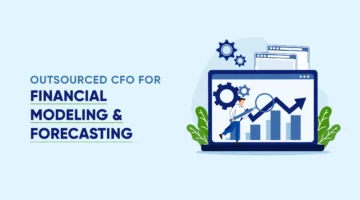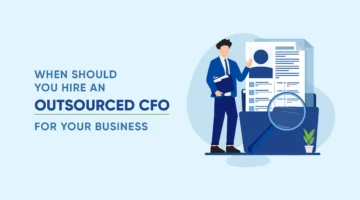Navigating Debt Wisely: Strategies for Reducing Burden and Boosting Financial Health
In the complex world of business finance, managing debt effectively is a vital skill for any business owner. Debt is not necessarily a bad thing for your business, but how much debt is too much? According to Business.com, should your business debt surpass 30% of your total business capital, it is yet another indicator that you may be shouldering an excessive debt load. Whether you are a seasoned entrepreneur or just starting your journey, understanding how to minimize debt, lower interest costs, and enhance your financial well-being is crucial.
Strategies for Debt Management
- Create a Detailed Debt Inventory: Begin by compiling a comprehensive list of all your business debts, including the principal amount, interest rates, and maturity dates. This inventory provides a clear overview of your financial obligations, enabling you to strategize effectively.
- Prioritize High-Interest Debt: Identify debts with the highest interest rates, such as credit card balances or high-interest loans. Allocate extra resources to pay off these debts first, as they accumulate interest faster and can be a significant financial drain.
- Debt Consolidation: Consider consolidating multiple debts into a single, lower-interest loan. This can simplify repayment and reduce interest costs over time. However, ensure that the terms of the consolidation loan are favorable before proceeding.
- Refinance Existing Loans: Explore the option of refinancing existing loans with lower interest rates. With favorable market conditions, refinancing can lead to substantial interest savings, improving your financial health.
- Budget and Cash Flow Management: Develop a detailed budget that accounts for all income and expenses. Implement strict financial discipline to ensure that you are consistently allocating funds towards debt repayment. Efficient cash flow management is essential for meeting your debt obligations promptly.
- Increase Revenue Streams: Seek opportunities to diversify and boost your revenue streams. Expanding your business, launching new products or services, or exploring untapped markets can provide additional income to allocate toward debt reduction.
- Negotiate with Creditors: Do not hesitate to reach out to your creditors if you are facing financial difficulties. In some cases, they may be willing to renegotiate terms, extend payment schedules, or offer temporary relief to help you manage your debt.
- Build an Emergency Fund: Establishing an emergency fund can provide a safety net during unexpected financial challenges. Having cash reserves can prevent you from accumulating more debt in times of crisis.
- Seek Professional Advice: Consider consulting with financial advisors or debt management professionals who can provide tailored strategies and guidance based on your specific situation. Their expertise can be invaluable in navigating complex debt issues.
- Regularly Monitor Progress: Continuously track your progress in reducing debt. Set measurable goals and celebrate milestones along the way. Regular monitoring ensures that you stay on track and motivated.
The Benefits of Partnering with an Outsourced Accounting and Finance Firm
As you embark on your debt management journey, you might find it beneficial to partner with an outsourced accounting and finance firm, such as NOW CFO. These firms offer a range of services, including debt analysis, financial planning, and strategic guidance. Here are some compelling reasons why you, the business owner should consider this partnership:
- Expertise and Insights: Outsourced firms bring a wealth of financial expertise and industry knowledge to the table. They can provide in-depth insights into your financial situation and offer customized strategies for debt management.
- Time and Resource Savings: Dealing with complex financial matters can be time-consuming and diverts your focus from core business operations. Outsourcing allows you to free up valuable time and resources that can be reinvested in growing your business.
- Cost-Effective Solutions: Outsourced firms often offer cost-effective solutions that can help you lower expenses and optimize your financial structure. They can identify areas where cost reductions are possible, further aiding debt management efforts.
- Compliance and Reporting: Financial compliance and reporting requirements can be intricate. Outsourced firms ensure that you remain compliant with regulations and provide accurate financial reporting, reducing the risk of penalties or legal issues.
- Strategic Planning: Outsourced firms work with you to develop comprehensive financial strategies that align with your business goals. They help you make informed decisions that lead to improved financial health.
The Time is Now!
As you embark on your journey to financial freedom through effective debt management, remember that time is of the essence. Every moment counts when it comes to reducing your debt burden and securing a healthier financial future. By implementing these strategies and considering the invaluable partnership of an outsourced accounting and finance firm, you can expedite your path to financial success. Do not delay, start today, and take charge of your financial destiny.



